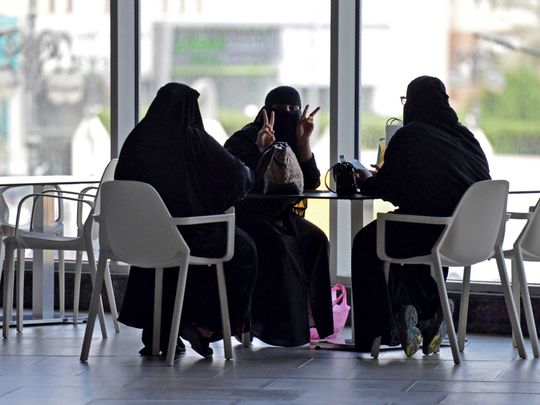
Cairo: The Saudi Shura Council has blocked a fresh attempt for allowing women to be judges after the majority of the consultative body’s members rejected a proposal to study appointing women as judges in the personal status courts. Only 58 members at the 150-strong council voted Wednesday in favour of the recommendation tabled by member Isa Al Gheith. To be valid, the proposal should have gained the backing of more than half of the council’s members who attended the vote session held online Wednesday.
Head of the council’s Islamic and Judicial Committee said that the recommendation was rejected because it touches on a judicial issue and that the Supreme Judicial Council has the power to set rules for picking judges according to the kingdom’s justice system. “Choosing members of the judiciary stands out among applications of judicial independence worldwide,” he was quoted by Saudi newspaper Okaz as saying Thursday.
The council member Latifa Al Shaalan, who backed the proposal, expressed regret over voting it down. “Even though, what is right will be right. Allowing women to work as judges will definitely happen, whether this step comes soon or late,” Al Shaalan, a university professor and a writer, said in a Twitter post.
The proposal was blocked two years after a similar bid failed to win enough backing at the Shura Council. Advocates of appointing female judges in Saudi Arabia argue that the country’s justice system has not made judicial posts limited to males and that there is no explicit text in the Islamic Sharia banning women from becoming judges.
In recent years, Saudi Arabia has adopted a series of dramatic social and economic reforms, mainly towards women.
In 2018, women were allowed to drive cars, ending a decades-old ban in the kingdom.
Last August, Saudi women were allowed to travel without a male guard’s approval and to apply for a passport, easing long-time controls on them.








